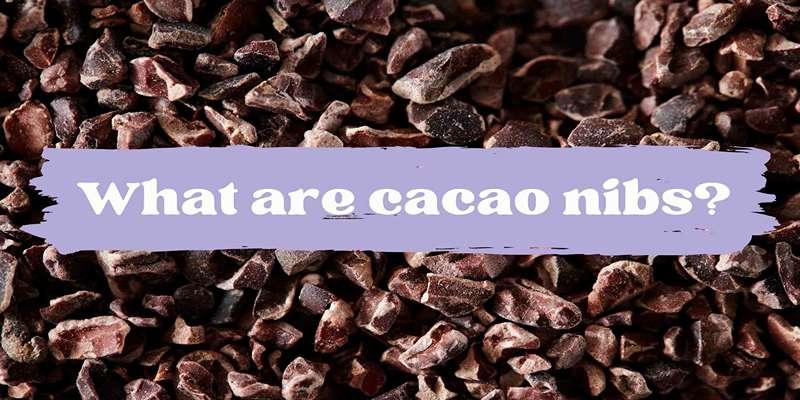
U.K. studies show that in the last decade, the number of persons adopting a vegan diet has climbed by 350%, demonstrating the diet's meteoric rise from its previous status as a "niche" diet. Veganism, by definition, is a way of life in which all types of animal exploitation and suffering are avoided. A vegan diet may seem difficult or restricting at first.
Many of my clients who are thinking about being vegan are concerned that they won't be able to eat any of their favorite foods. However, after learning the fundamentals, most people discover that the change is easier than anticipated.
As someone who follows a vegetarian diet, I've seen an increase in vegan alternatives in recent years, both in stores and on menus. I was also pleasantly surprised to see a vegan version of pastel de nata, one of my favorite treats. Here I'll explain veganism and what you should and shouldn't consume on a vegan diet.
Veganism: What Does It Mean?

According to the Vegan Society, Vegans first used the term "vegan" in 1944. They didn't only give up meat; they also cut out dairy, eggs, and anything else that came from an animal.
In 1949, the term "vegan" was first used to describe this lifestyle. Over time, it underwent a few name changes leading to its current form. Veganism is "a philosophy and style of living which tries to prohibit — as far as is feasible and cruelty to, animals for food, clothing, or any other reasons,"
In the minds of many, a vegan is someone who follows a strict vegan diet. However, this new definition of veganism goes beyond simply advocating for a plant-based diet.
Why Do Individuals Go Vegan?

The reasons why people prefer to forgo eating animals are as follows.
Ethics
Those who identify as "ethical vegans" firmly believe that all living things should be afforded the same protections and opportunities. Like humans, they think all animals have feelings and seek to avoid pain and suffering.
Because of this, vegans who adhere to ethical principles reject the practice of slaughtering animals for food or clothing. Vegans object to the mental and physical suffering of farm animals, which can come from the confinement of these creatures from the time they are born until they are slaughtered.
Ethical vegans, however, go this belief much further than the brutality of industrial agriculture. Because there are better options, vegans try to avoid anything that requires a lot of animal deaths to produce.
Health
There is speculation that adhering to a vegan diet may improve health, which is why some people choose it. Meat-heavy diets, especially those heavy in red meat, have been associated with an increased risk of cancer, heart disease, and diabetes.
However, plant-based diets have decreased the likelihood of either getting these diseases or dying from them at an early age. If you want to improve your digestion and lower your risk of Alzheimer's disease, switching to a plant-based diet may help.
The negative effects of antibiotics and hormones used in modern animal husbandry can also be reduced with a vegan diet. Last but not least, there's mounting evidence that vegan diets help people shed extra pounds. A decreased risk of obesity has been linked to a vegan diet in several studies.
Environment
Some people prefer to abstain from animal products to reduce their negative effects on the planet. Recent research indicates that animal husbandry is a major contributor to GHG, the emissions that contribute to global warming (20).
Two to two and a half times as much GHGEs are attributed to meat eaters than to vegans. This figure is derived from surveys of British citizens' food habits (20). Ruminant animals like cattle, sheep, and goats produce the most greenhouse emissions per gram of protein delivered.
Therefore, diets are severely limiting or removing dairy produce much lower GHGE production. According to one study, vegetarians had a 33% lower GHGE output than those who eat the traditional American diet (which includes meat) yet consume the same number of calories (20).
Conclusion
Vegans abstain from consuming animal products due to ethical, health, or environmental concerns. Fruits, vegetables, and fortified items created from these plants are commonplace on a vegan diet instead of animal products, including meat, eggs, and dairy.
Most people overestimate how difficult it is to switch to a vegan diet. However, you will need some background in nutrition to pull it out. So, if you're considering moving, it's a good idea to consult a registered dietitian who focuses on plant-based diets to be sure you've got the fundamentals covered.



